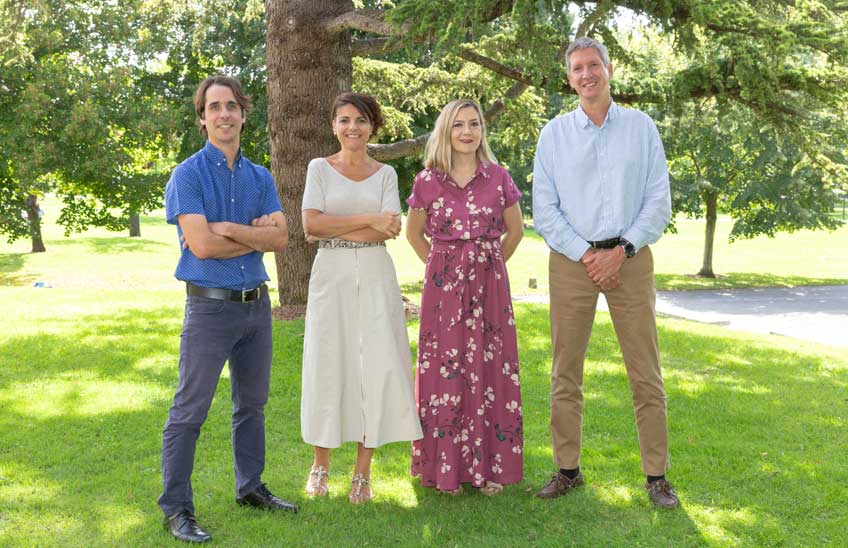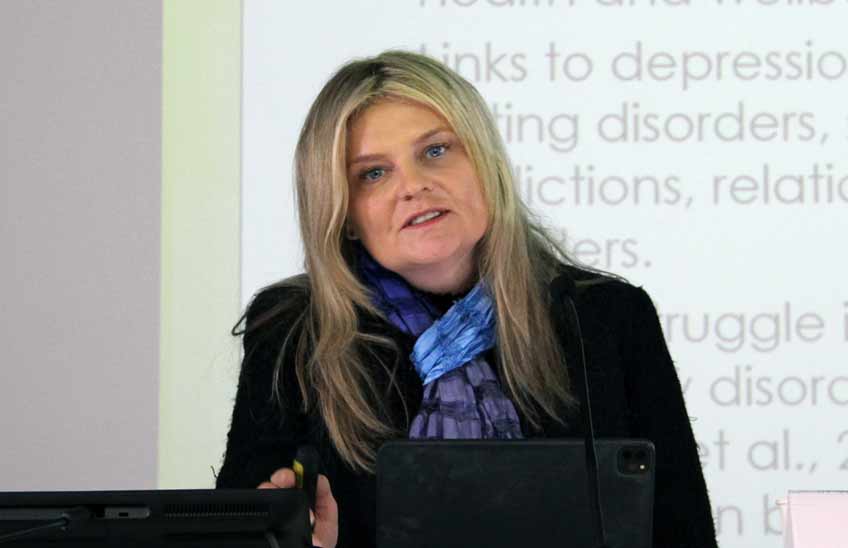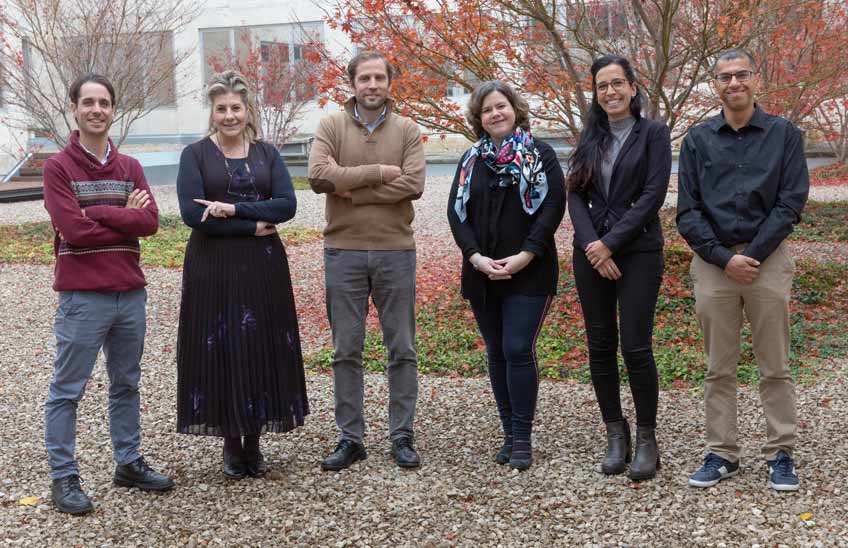A academic publication evaluates the usefulness of neuropsychological tests for the diagnosis of ADHD in children and adolescents.
An ICS article bets for a complete assessment and the involvement of parents in a possible case of ADHD in children

FotoManuelCastells/Gonzalo Arrondo, Ramón y Cajal researcher of the group 'Mind-brain' of the ICS.
09 | 08 | 2023
The diagnosis of Attention-Deficit/Hyperactivity Disorder (ADHD) cannot depend only on neuropsychological tests, but must be result of a complete analysis of the person. This has been one of the main conclusions of the scientific article 'Systematic Review and goal-analysis: Clinical Utility of Continuous Performance Tests for the Identification of Attention-Deficit/Hyperactivity Disorder' of the Institute for Culture and Society (ICS) of the University of Navarra, published in the Journal of the American Academy of Child & Adolescent Psychiatry, a prestigious journal in the field of Psychiatry and Mental Health. It is a goal-analysis of scientific literature on the clinical utility of neuropsychological tests of sustained attention for the diagnosis of ADHD that seeks to reinforce the need for a complete assessment in children and adolescents with symptoms.
According to Gonzalo Arrondo, author and researcher Ramón y Cajal of the group 'Mind-brain' of the ICS, the core topic is not to stay only with a test, but to follow a process. "The important thing is not to have symptoms, but to have them and that they affect your daily life", that is where the analysis must begin. He has assured that a complete diagnosis cannot depend only on neuropsychological tests, such as the CPT. "They are effective as long as they are accompanied by other tests such as a clinical interview by a professional and questionnaires for parents and teachers," he added.
Likewise, the article also studied the effectiveness of the tests, concluding that there is a problem of unification between the methods used for diagnosis and the analysis of their results. "It is difficult to compare results if, for example, one hospital uses a classic test and another hospital uses a virtual reality test," explained the expert. He stressed the importance of unifying efforts to evaluate the efficacy and improve existing tests.
ADHD treatments
ADHD is a disorder of development characterized by inattention and hyperactivity. For Arrondo, although the entire population may have certain traits of inattention and/or hyperactivity, the disorder affects, in this sense, "to the point of causing negative consequences in day-to-day life". It is therefore important to identify and treat it.
Once diagnosed with this disorder, there are many therapies and treatments available to those affected. However, Arrondo has warned that not all of them work. For example, it has been shown that electroencephalograms are not useful for identifying ADHD in children and adolescents. Similarly, in the case of treatments, methods such as brain training games and neurofeedback, a method in which the patient himself learns to self-regulate behaviors that he previously had involuntarily, have been discarded.
On the contrary, researcher has indicated that there are methods, diagnoses and interventions supported by clinical evidence. As he explained, for children under 10 years of age, training for parents by specialists and pharmacological measures are recommended. For Arrondo, the importance of parents is essential. In a more advanced phase, from the age of 10, there is cognitive behavioral therapy which, according to researcher, "works very well for the person to train him/herself autonomously".
This publication is part of the challenge ICS 22-23 'Youth, relationships and psychological well-being', a convergent and transversal topic of research and knowledge dissemination that brings together different groups and projects of the center and international collaborators with the goal to study psychological well-being in adolescence and youth.



